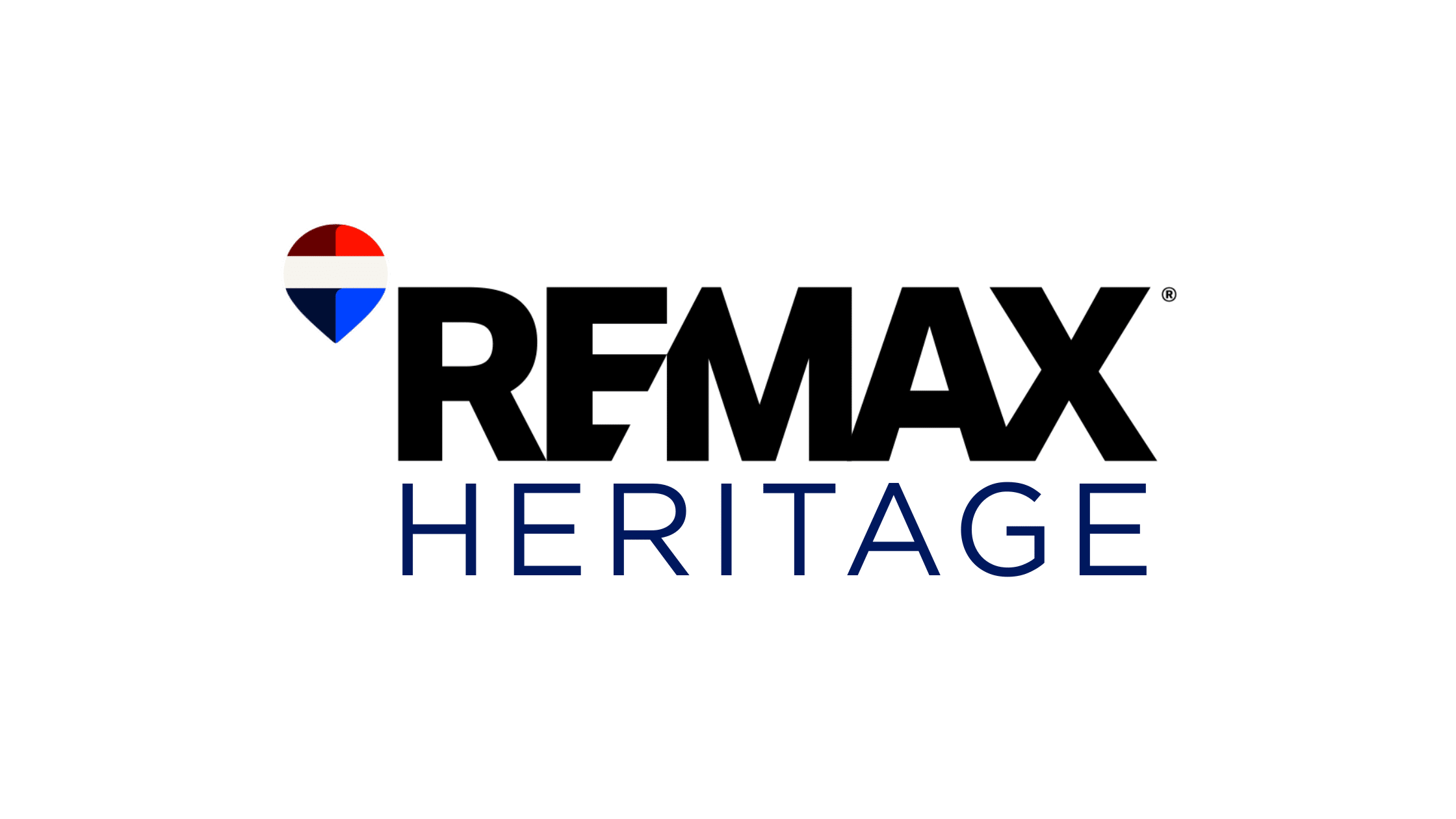by Steve Silcock | Dec 4, 2025 | Blog, Buyers, Long Term Rental, Mortgages, New Construction, New Rental Listings, News, Real Estate Components, Real Estate News, Renters, Sellers, Uncategorized
Discover Your Dream Home in Central Florida 2026 Florida Real Estate Outlook As an industry we are eagerly waiting for the “big names” to make their market forecasts for 2026 but after twenty years serving the Four Corners area I wanted to provide my clients...
by Marketing | Nov 28, 2025 | Blog, Buyers, Homeowners, Homes, Villas and Condos, Mortgages, New Construction, News, Property for Sale in Orlando, Property Management, Real Estate News, Renters, Retirement / 55+, Sellers, Uncategorized
Moving to Florida from Another State: What You Need to Know Relocating to Florida has become one of the most popular lifestyle moves in the country, and for good reason. Start Your Search Relocating to Florida has become one of the most popular lifestyle moves in the...
by Marketing | Nov 4, 2025 | Blog, Mortgages, New Construction, Property for Sale, Property for Sale in Orlando, Sellers, Uncategorized
How Much Is My Home Worth? One of the most common questions homeowners ask is, “How much is my home worth?” Whether you’re considering selling, refinancing, or simply curious about your investment, understanding your home’s current market value is an important step in...
by Marketing | Oct 27, 2025 | Blog, Homes, Villas and Condos, Investment Property in Florida, Just Sold, Mortgages, New Construction, New Rental Listings, News, Property for Sale in Orlando, Property Management, Real Estate Components, Uncategorized
Discover Your Dream Home in Central Florida Best Areas for Short-Term Rental in Central Florida Investing in short-term rental properties in Central Florida has become one of the most profitable opportunities for both experienced and first-time investors. Start Your...
by Marketing | Jul 24, 2025 | Blog, Buyers, Homes, Villas and Condos, Investment Property in Florida, New Construction, News, Property Management, Renters, Sellers, Uncategorized
How to Analyze a Rental Property for Cash Flow: A Step-by-Step Guide Investing in rental properties can be an excellent way to build long-term wealth—but only if the numbers make sense. Evaluating potential cash flow before purchasing is essential. This guide explains...

by Marketing | May 29, 2025 | Blog, Buyers, Homeowners, New Construction, News, Renters, Retirement / 55+, Sellers
Start your Home Buying journey with the right foot: New Construction vs. Resale Homes in 2025: Which One Is Right for You? As the real estate market evolves in 2025, one of the most common decisions homebuyers face is whether to purchase a new construction home or a...


